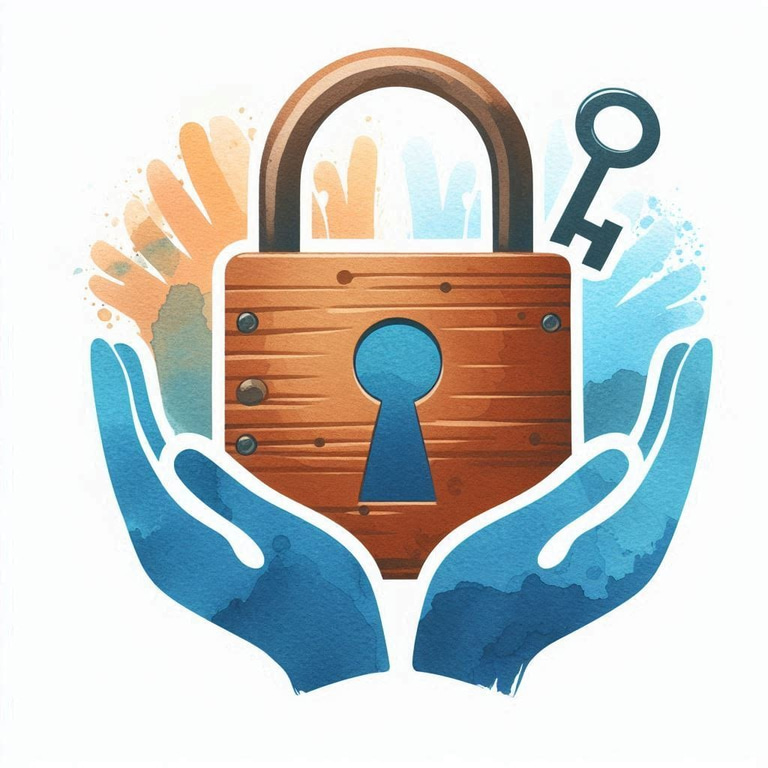Recovered and Motivated LLC
Recovered and motivated LLC
Recovered and Motivated llc
Empowering Yourself: Overcoming Triggers from Mental Health Issues and Substance Abuse Disorder
Empowering Yourself: Overcoming Triggers from Mental Health Issues and Substance Abuse Disorder Navigating the complex landscape of mental health issues and substance abuse disorder can be overwhelming. The journey to recovery is often marked by confronting and managing triggers—those situations, feelings, or thoughts that provoke a desire to use substances or lead to a relapse in mental health. The good news is that with the right strategies, you can gain control over these triggers and pave the way for sustained recovery. Here are some empowering tips to help you overcome triggers and build a healthier, more resilient you. 1. Identify Your Triggers: The first step in managing triggers is to identify them. Triggers can vary from person to person and can be either external (such as certain people, places, or events) or internal (such as emotions, thoughts, or memories). Keep a journal to track situations or feelings that lead to cravings or mental health setbacks. By understanding what specifically triggers you, you can develop targeted strategies to address them. 2. Develop Coping Strategies: Once you've identified your triggers, the next step is to develop coping strategies. These can include: Mindfulness and Meditation: Practicing mindfulness can help you stay grounded and present, reducing the power of triggers. Meditation techniques, such as deep breathing and guided imagery, can also calm your mind and reduce stress. Physical Activity: Exercise is a powerful tool for managing stress and boosting your mood. Find an activity you enjoy, whether it's running, yoga, or dancing, and incorporate it into your routine. Healthy Hobbies: Engaging in hobbies that you love can provide a positive outlet for your energy and emotions. Whether it's painting, gardening, or playing a musical instrument, find something that brings you joy and helps you relax. 3. Create a Support System: Building a strong support system is crucial for overcoming triggers. Surround yourself with people who understand your journey and can offer encouragement and accountability. This can include friends, family, support groups, or a therapist. Don't be afraid to reach out for help when you need it—having someone to talk to can make all the difference. 4. Practice Self-Care: Self-care is essential for maintaining your mental and emotional well-being. Prioritize activities that nourish your mind, body, and soul. This can include: Adequate Sleep: Aim for 7-9 hours of sleep each night to ensure your body and mind are well-rested. Balanced Diet: Eating a nutritious diet can improve your mood and energy levels. Focus on whole foods, such as fruits, vegetables, lean proteins, and whole grains. Relaxation Techniques: Incorporate relaxation techniques into your daily routine, such as taking a warm bath, listening to soothing music, or practicing progressive muscle relaxation. 5. Set Realistic Goals: Setting realistic and achievable goals can help you stay focused and motivated in your recovery journey. Break down larger goals into smaller, manageable steps, and celebrate your progress along the way. Remember that setbacks are a normal part of recovery—what matters is how you respond to them. Use setbacks as learning opportunities and continue moving forward. 6. Avoid High-Risk Situations: It's important to recognize and avoid situations that may increase your risk of encountering triggers. This may mean making changes to your social circle, avoiding certain places, or setting boundaries with people who may not support your recovery. Plan ahead for challenging situations and have a strategy in place to manage potential triggers. 7. Seek Professional Help: Sometimes, overcoming triggers requires professional support. Therapists, counselors, and addiction specialists can provide personalized guidance and evidence-based treatments to help you manage triggers effectively. Don't hesitate to seek help if you're struggling—professional support can make a significant difference in your recovery journey. 8. Practice Gratitude: Cultivating an attitude of gratitude can shift your focus from negative triggers to positive aspects of your life. Keep a gratitude journal and write down things you're thankful for each day. Reflecting on positive experiences and accomplishments can boost your resilience and overall well-being. 9. Stay Committed to Your Recovery: Recovery is a lifelong journey that requires ongoing commitment and effort. Stay dedicated to your goals, and remind yourself of the progress you've made. Surround yourself with positive influences and continue seeking new ways to grow and improve. Conclusion: Overcoming triggers from mental health issues and substance abuse disorder is a challenging but achievable goal. By identifying your triggers, developing coping strategies, creating a support system, and practicing self-care, you can empower yourself to manage triggers effectively. Remember that recovery is a journey, and every step you take brings you closer to a healthier, happier, and more resilient you. Stay committed to your path, and celebrate your progress along the way—you've got this.
Steven W
2/1/20251 min read


My post content
